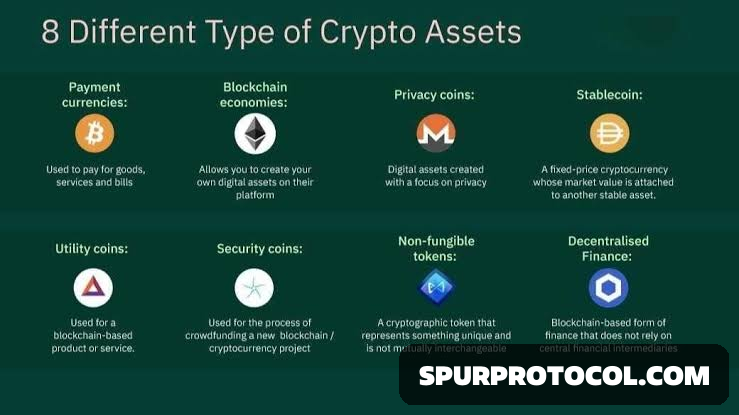DIFFERENT TYPES OF TOKEN IN THE CRYPTO SPACE
DIFFERENT TYPES OF TOKEN IN THE CRYPTO SPACE AND WHAT THEY SERVE FOR
Go Back
🕒 12:18 AM
📅 Mar 27, 2025
✍️ By MONSIGNOR11
DIFFERENT TYPES OF TOKEN IN THE CRYPTO SPACE AND WHAT THEY SERVE FOR
Go Back
🕒 12:18 AM
📅 Mar 27, 2025
✍️ By MONSIGNOR11